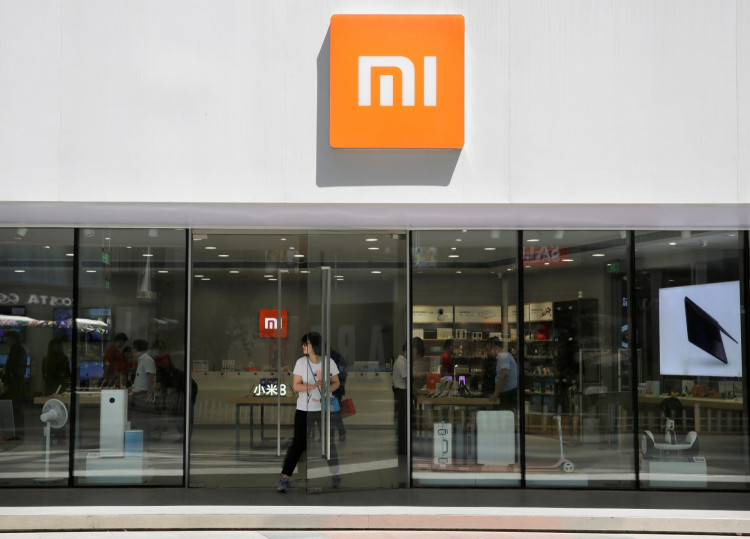Chinese smartphone maker Xiaomi Corp over the weekend said it was "disappointed" with an Indian court judgment that froze $682 million in its assets and will keep defending its rights.
In a statement released on Sunday, the Chinese manufacturer of smart devices said that more than 84% of the 55.51 billion Indian rupees confiscated by the Enforcement Directorate earlier this year were royalties paid to Qualcomm Group, a U.S. manufacturer of chipsets.
"We will continue to use all means to protect the reputation and interests of the company and our stakeholders," the statement read.
The business claimed that Xiaomi India is a subsidiary and one of the Xiaomi Group firms that have signed a contract with Qualcomm to license intellectual property for the production of smartphones. According to the statement, Qualcomm and Xiaomi both think that Xiaomi India's payment of royalties to Qualcomm is a proper business arrangement.
An Indian appellate authority confirmed on Friday that the Enforcement Directorate, India's federal financial crime-fighting agency, had the right to seize 55.51 billion rupees in April after an investigation revealed Xiaomi had sent illegal payments to foreign organizations while misrepresenting them as royalties.
According to data from Counterpoint Research, Xiaomi and Samsung jointly hold the top spot in India's smartphone market, which is the world's second-largest after China, with a share of each of 18%.
What might be the company's next move was not made clear. But according to legal experts, the business may once more file an appeal against the order with the Karnataka High Court. The market leader in India, Xiaomi India, claimed to have no assets outside of the country. Therefore, in accordance with our understanding, Section 4 of the FEMA does not even apply in this case.
Political tensions that have existed since a border conflict in 2020 have made it difficult for many Chinese businesses to conduct business in India. Since then, India has restricted Chinese companies from investing in India and banned more than 300 popular Chinese apps, including TikTok, citing security concerns.
In an effort to challenge the ED's order, Xiaomi India filed a writ case with the Karnataka High Court. The petition instructing the corporation to first contact the appropriate authorities with jurisdiction over ED orders was, however, rejected by the high court.
Nevertheless, the High Court temporarily stayed the ED decision, allowing the company to use bank overdrafts to fund its ongoing daily operations and import foreign components, with the exception of paying royalties to foreign organizations.






